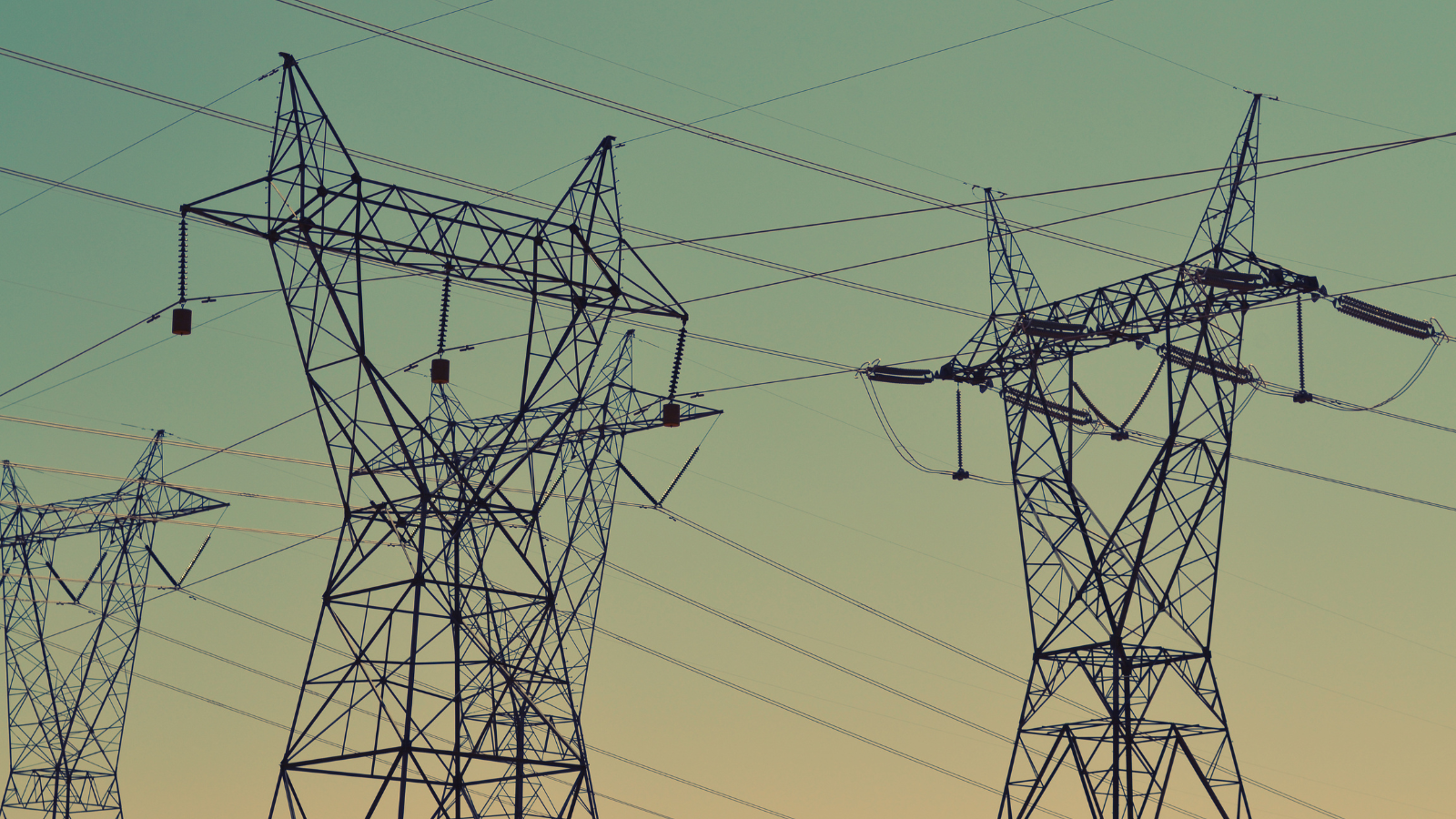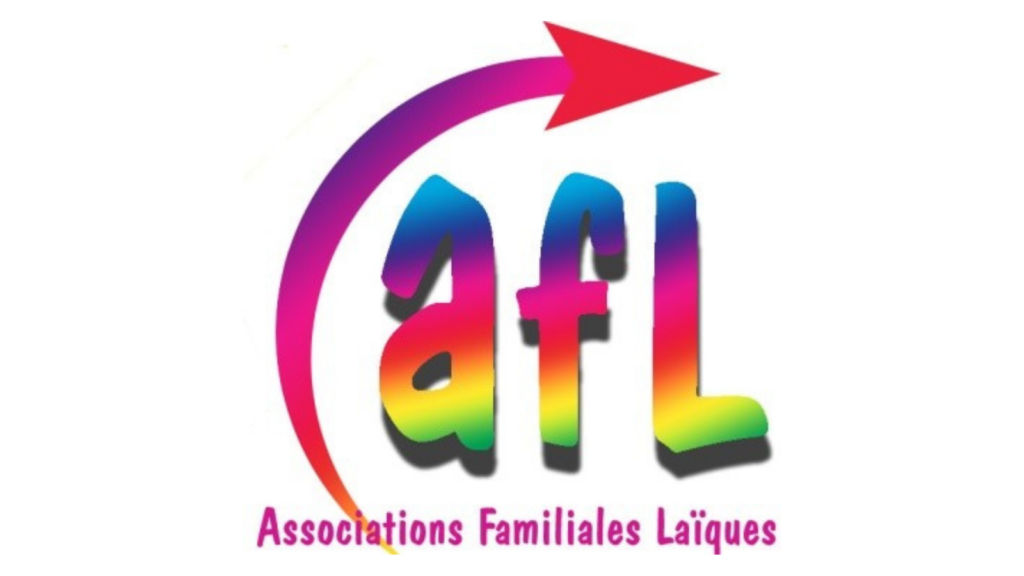On 25 July 2023, the revised Energy Efficiency Directive (EED) was adopted by the Council of the EU, significantly raising the EU’s ambition on energy efficiency.
The proposal to revise the Energy Efficiency Directive, along with other proposals, tackles the energy aspects of the EU’s climate transition under the ‘Fit for 55’ package presented by the Commission on 14 July 2021. This package aims to align the EU’s climate and energy legislative framework with its 2050 climate neutrality objective and with its objective of reducing net greenhouse gas emissions by at least 55% by 2030 compared to 1990 levels. The package consists of a series of interrelated proposals, which either modify existing pieces of legislation or introduce new initiatives in a range of policy areas and economic sectors.
The 2023 revised directive raises the EU energy efficiency target, making it binding for Member States to collectively ensure an additional 11.7% reduction in energy consumption by 2030, compared to the 2020 reference scenario projections. The revised directive also puts a stronger focus on alleviating energy poverty. It aims at empowering consumers through stronger requirements for EU countries to raise awareness and provide information on energy efficiency. The changes introduced require Member States to prioritise energy efficiency improvements for vulnerable customers, individuals affected by energy poverty and those living in social housing.
Furthermore, the recast EED contains a new provision (article 2(52)) that defines energy poverty as ‘a household’s lack of access to essential energy services, where such services provide basic levels and decent standards of living and health, including adequate heating, hot water, cooling, lighting, and energy to power appliances, in the relevant national context, existing national social policy and other relevant national policies, caused by a combination of factors, including at least non-affordability, insufficient disposable income, high energy expenditure and poor energy efficiency of homes‘. This can be considered the first official definition of energy poverty on the EU level.
The revised directive will be entering into force 20 days after publication (September) in the EU Official Journal.
COFACE calls for a families-sensitive approach in European and national measures that combine energy and social policies to tackle energy poverty. To find out more on the directive and the state of play of energy policies in the EU concerning families, check out COFACE’s policy brief on energy poverty published in September 2023.





